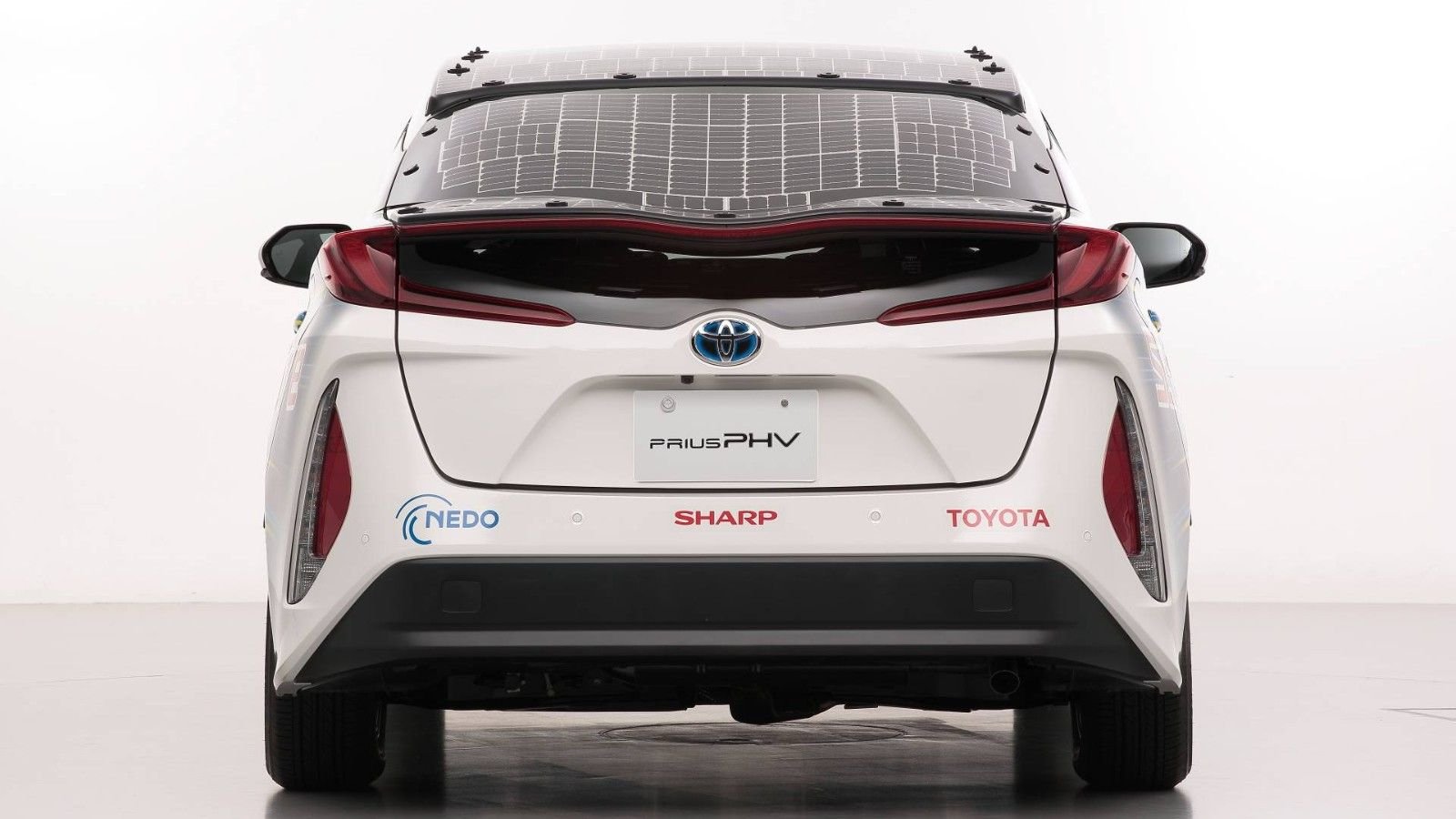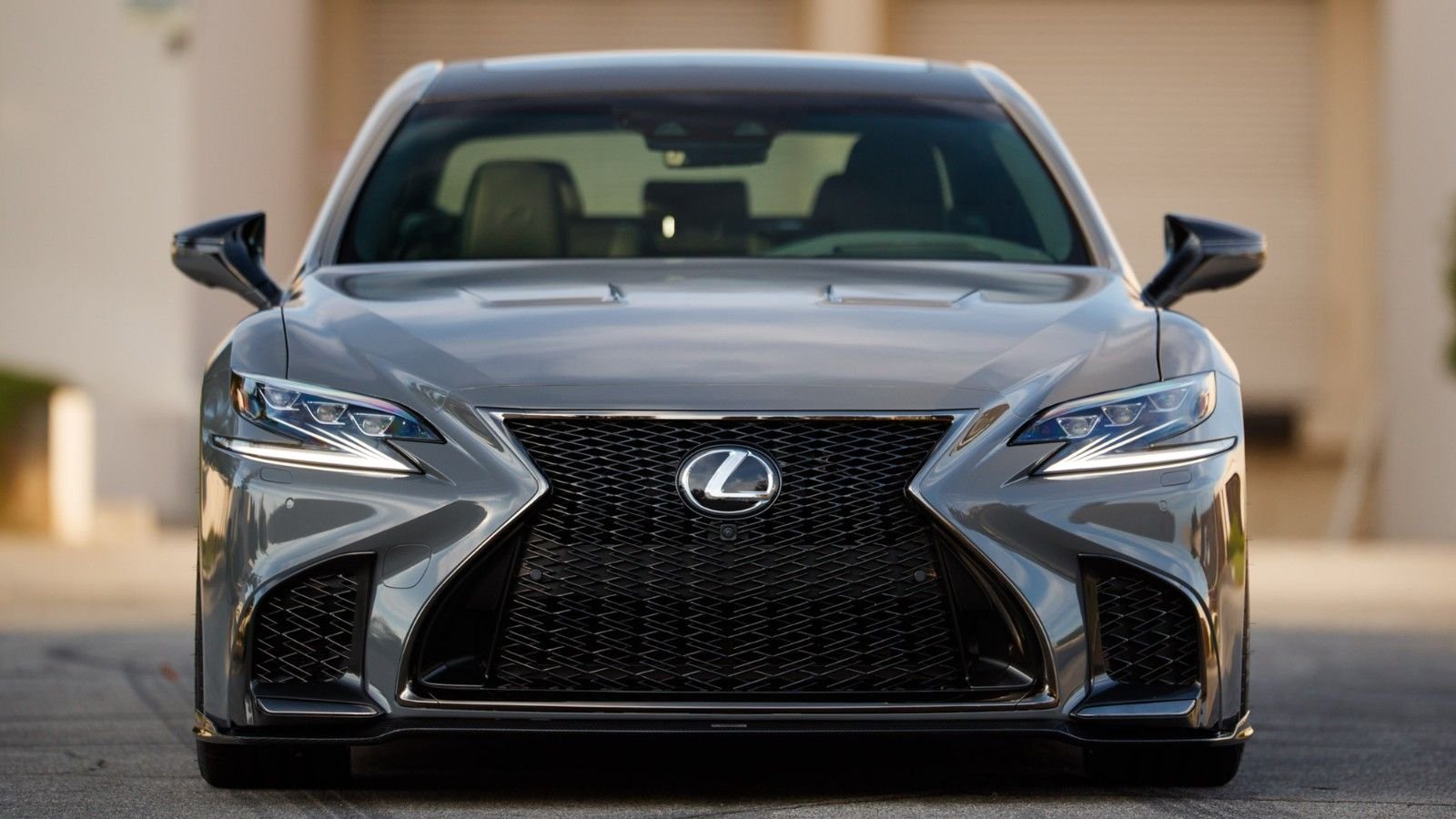Toyota Experimenting with Solar Paneled Vehicles
Can you imagine owning a car that operates 100% on solar power? If Toyota has its way, that will one day become a reality.














Sun Energy
Solar power has been around seemingly for ages, harnessing the rays of the sun to generate electricity for things like homes and various camping accessories. But now, Toyota is working on developing ultra-thin solar panels that are powerful enough to charge a Prius, thus meaning you'd never have to plug it in.
Photos: Toyota
Charge Me Up
Toyota engineers fitted solar panels designed by Sharp corporation to the Prius' roof, rear window, spoiler, and hood. The electricity they harness from the sun then flows directly to the drive battery. That way, the car can charge whether it's sitting still or in motion.
Photos: Toyota
>>Join the conversation about Toyota looking to eliminate range anxiety right here in Club Lexus.
Free Power
According to Toyota, an optimally sunny day can provide up to 35 miles of range. That might not seem like much, but the AAA Foundation for Traffic Safety estimates that the average American only covers 29 miles per day in their vehicles. Plus, where else can you get free power like this?
Photos: Lexus
>>Join the conversation about Toyota looking to eliminate range anxiety right here in Club Lexus.
Obvious Downsides
Of course, there are other obvious downsides to solar power. Cloudy days diminish performance considerably. As do super hot days. Which means in the real world (especially if you live somewhere like, say, up north in the winter), you'll still be plugging your car in on many days.
Photos: Lexus
>>Join the conversation about Toyota looking to eliminate range anxiety right here in Club Lexus.
Advances in Technology
The difference between this project and the ones prior to it lies in progressions in solar panel technology. Over the years, panels have become much thinner than in the past. Toyota's newest panels measure in at a mere 0.03" thick. But since they require a little buffer between them and the car's body, they do add around a centimeter of thickness to the Prius.
Photos: Lexus
>>Join the conversation about Toyota looking to eliminate range anxiety right here in Club Lexus.
Cost and Weight
Still, this extra equipment adds roughly 180 pounds of additional weight to the car, mostly thanks to a series of batteries mounted in the trunk. "Making the entire package lighter and bringing down the extremely high costs are among the biggest challenges for the technology," said Satoshi Shizuka, Toyota's lead engineer."
Photos: Lexus
>>Join the conversation about Toyota looking to eliminate range anxiety right here in Club Lexus.
All Upside
Still, solar technology is quite promising, even if a real-world production application remains years away. Even if it saves us from having to plug in our electric/hybrid Lexus one-half or even one-third of the year, that's a pretty massive dollar saving. Not to mention a huge reduction in environmental impact, too.
Photos: Lexus
>>Join the conversation about Toyota looking to eliminate range anxiety right here in Club Lexus.
For help with your maintenance and repair projects, please visit our how-to section in the forum.
